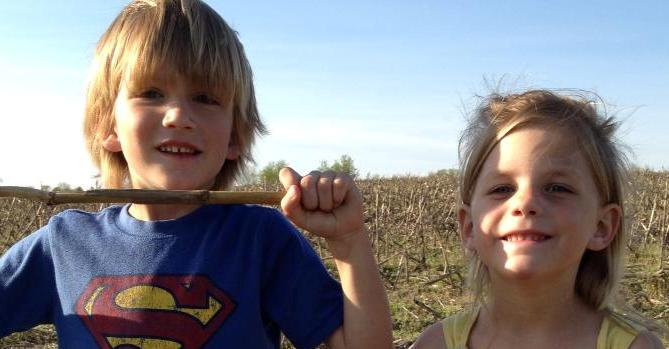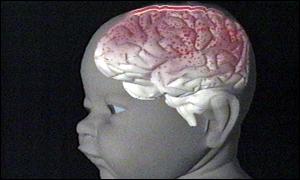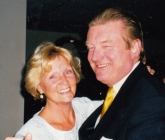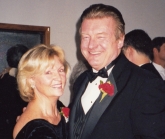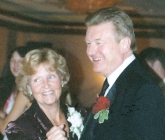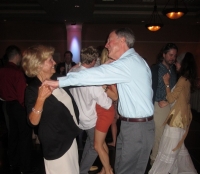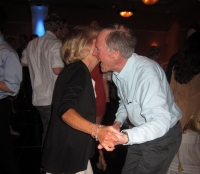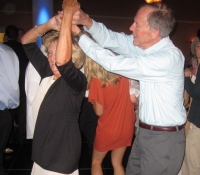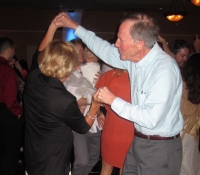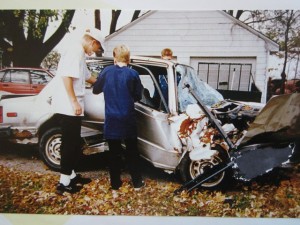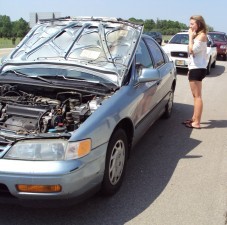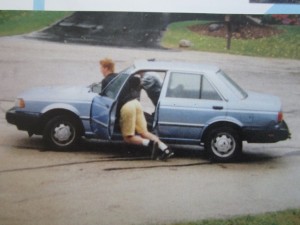 This afternoon we celebrated my brother-in-law Bervin’s birthday with a lunchtime party. Between plates of pot roast and birthday cake, Klaus posed an interesting question to Bervin’s grandchildren Ruby (4) and Beck (6). They’d been focusing on Emerald, who is close-to-bald at 9 months, wondering when she would get a decent head of hair.
This afternoon we celebrated my brother-in-law Bervin’s birthday with a lunchtime party. Between plates of pot roast and birthday cake, Klaus posed an interesting question to Bervin’s grandchildren Ruby (4) and Beck (6). They’d been focusing on Emerald, who is close-to-bald at 9 months, wondering when she would get a decent head of hair.
Klaus said, “Ruby, you were a bald baby like that, too. What’s your favorite memory from that time?”
Ruby looked at him with a blank stare and couldn’t respond. But when Birgitta said, “Probably that you didn’t have to comb your hair every day,” she smiled. “All I did was ride around in a car seat,” she said.
Beck, answering the same question said, “I remember that I didn’t have to do anything.” Of course their answers were fabricated, since neither one of them could remember being a baby.
Most peoples’ earliest memories are from the time they were 2 or 3 years old, but God doesn’t let us remember all the way back to zero. Maybe he doesn’t want us recalling the misery of birth, and every woman who’s ever delivered a baby would call that wisdom.
More likely we can’t recollect babyhood because the memory parts of our brains aren’t fully developed then. Babies don’t have language, either, to describe their experiences. Nevertheless God endowed each one with a complicated brain, all set to go. On most days we take this incredible gift for granted.
What about the brain(s) of the Trinity? Since Jesus was fully human, surely he had a brain much like ours. But what about his divine brain?
Although we forget nearly everything that happens in our first two years and tend to forget even adult memories if we live long enough, God never forgets a thing. Putting him into a memory grid of forgetting and remembering, though, is humanizing the divine. He knows everything about everything, and we believe that. But then what are we to do with the Scripture that says he “forgets our sins” once they’re confessed?
He actually says it 3 times (in both Old and New Testaments). Does this simply mean he voluntarily decides not to remind us or nag us about our past sins after we’ve repented of them?
Maybe it’s something even better than that.
Maybe he literally wills himself to forgetfulness and “remembers our sins no more” (as the Bible says) to make our forgiveness absolutely thorough. And then if Satan should come before him to accuse us, he can honestly say, “No…. I don’t have any memory of Margaret committing that sin. She’s clean on that one” (because of Jesus).
This possibility gives me goose bumps and inspires me to keep short accounts with God. And maybe his forgetting our sins isn’t that much different than Ruby and Beck forgetting what it was like to be babies…
…none of them have any memory of it.
“I will be merciful to their unrighteousness, and their sins and their iniquities will I remember no more.” (Hebrews 8:12)

